When it comes to choosing the perfect flooring for your space, ceramic tile and porcelain tile are two popular options that often perplex homeowners and business owners alike. Both options offer a myriad of styles, patterns, and textures, but understanding the differences between ceramic tile and porcelain tile is crucial to making an informed decision. In this article, we will delve into the characteristics, advantages, and applications of ceramic tile and porcelain tile flooring to help guide your choice. 1. Composition and Durability: Ceramic Tile: Ceramic tiles are made primarily from clay mixed with various minerals and water. They are then shaped and kiln-fired at high temperatures. Ceramic tiles are generally more porous and delicate than porcelain tiles, but they are available in both glazed and unglazed forms. Porcelain Tile: Porcelain tiles, on the other hand, are composed of fine porcelain clay that is fired at extremely high temperatures and pressure. The result is a dense and less porous tile with enhanced durability. Porcelain tiles are also available in glaze or unglazed finishes. 2. Water Resistance and Versatility: Ceramic Tile: Although ceramic tiles offer a moderate level of water resistance, they are more susceptible to moisture absorption.
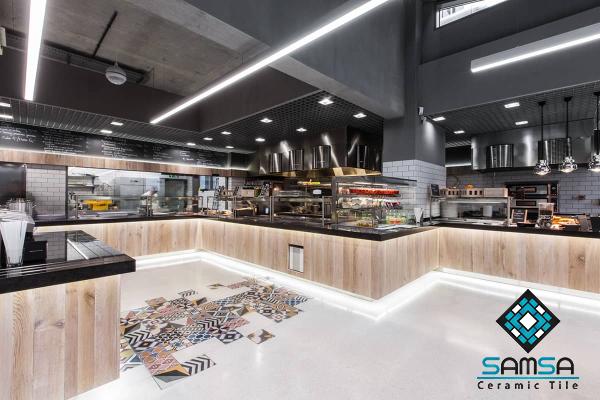
.
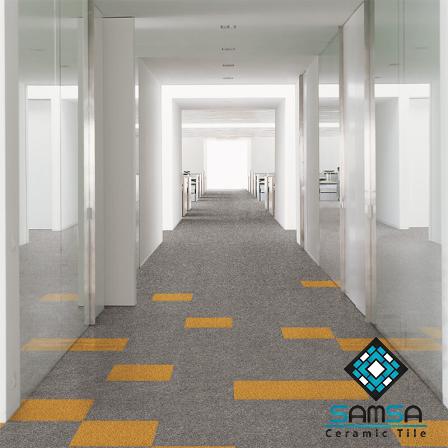 As a result, they are best suited for indoor spaces such as kitchens, bathrooms, and living rooms. Due to their versatility and wide range of designs, ceramic tiles are often popular choices for walls and backsplashes. Porcelain Tile: Thanks to its lower water absorption rate, porcelain tile is highly resistant to moisture. This makes it suitable for a wide range of applications, including indoor and outdoor spaces. Ideal for high-traffic areas, including hallways, patios, and commercial spaces, porcelain tiles can withstand heavy foot traffic and extreme weather conditions. 3. Stain Resistance and Maintenance: Ceramic Tile: Ceramic tiles have a glaze coating that provides protection against stains and moisture. However, over time, this protective layer may wear off, making the tile more susceptible to stains. Regular cleaning and occasional resealing can help maintain their appearance and longevity. Porcelain Tile: Porcelain tiles are naturally resistant to stains and require minimal maintenance.
As a result, they are best suited for indoor spaces such as kitchens, bathrooms, and living rooms. Due to their versatility and wide range of designs, ceramic tiles are often popular choices for walls and backsplashes. Porcelain Tile: Thanks to its lower water absorption rate, porcelain tile is highly resistant to moisture. This makes it suitable for a wide range of applications, including indoor and outdoor spaces. Ideal for high-traffic areas, including hallways, patios, and commercial spaces, porcelain tiles can withstand heavy foot traffic and extreme weather conditions. 3. Stain Resistance and Maintenance: Ceramic Tile: Ceramic tiles have a glaze coating that provides protection against stains and moisture. However, over time, this protective layer may wear off, making the tile more susceptible to stains. Regular cleaning and occasional resealing can help maintain their appearance and longevity. Porcelain Tile: Porcelain tiles are naturally resistant to stains and require minimal maintenance.
..
 Their non-porous nature prevents the penetration of liquids and stains, making it easier to clean and maintain their pristine appearance. Regular sweeping and occasional mopping are generally sufficient to keep porcelain tiles looking their best. 4. Cost and Installation: Ceramic Tile: Ceramic tiles are generally more affordable than porcelain tiles, making them a popular choice for those on a budget. Their relatively lightweight nature also makes them easier to handle during installation. However, their increased fragility compared to porcelain tiles may necessitate their replacement more often. Porcelain Tile: Porcelain tiles are typically more expensive due to their superior durability and refined composition.
Their non-porous nature prevents the penetration of liquids and stains, making it easier to clean and maintain their pristine appearance. Regular sweeping and occasional mopping are generally sufficient to keep porcelain tiles looking their best. 4. Cost and Installation: Ceramic Tile: Ceramic tiles are generally more affordable than porcelain tiles, making them a popular choice for those on a budget. Their relatively lightweight nature also makes them easier to handle during installation. However, their increased fragility compared to porcelain tiles may necessitate their replacement more often. Porcelain Tile: Porcelain tiles are typically more expensive due to their superior durability and refined composition.
…
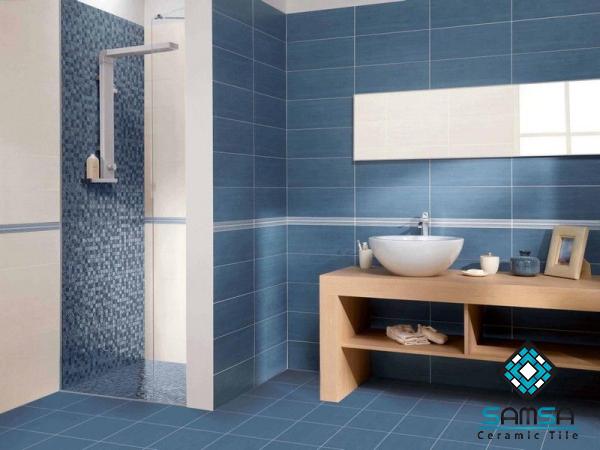 The installation process for porcelain tiles might require more effort and expertise due to their density and harder nature. Professional installation is generally recommended to ensure proper fitting and long-lasting results. Conclusion: Choosing between ceramic tile and porcelain tile flooring requires consideration of various factors, including your space’s location, level of foot traffic, and budget. Ceramic tiles offer a vast array of design options, while porcelain tiles offer higher durability and versatility. Both options have their merits, so make sure to weigh the pros and cons carefully before investing in the perfect flooring solution for your needs.
The installation process for porcelain tiles might require more effort and expertise due to their density and harder nature. Professional installation is generally recommended to ensure proper fitting and long-lasting results. Conclusion: Choosing between ceramic tile and porcelain tile flooring requires consideration of various factors, including your space’s location, level of foot traffic, and budget. Ceramic tiles offer a vast array of design options, while porcelain tiles offer higher durability and versatility. Both options have their merits, so make sure to weigh the pros and cons carefully before investing in the perfect flooring solution for your needs.
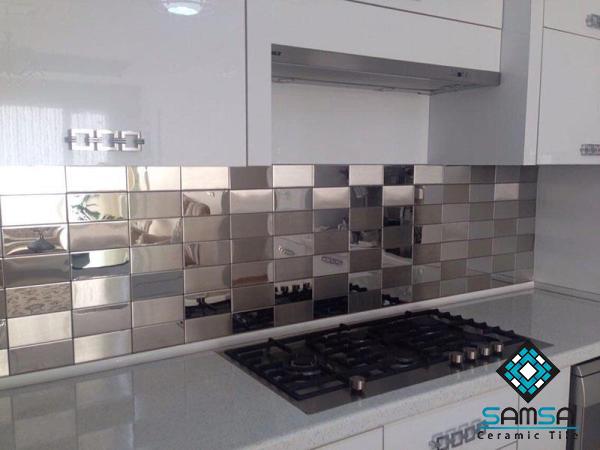
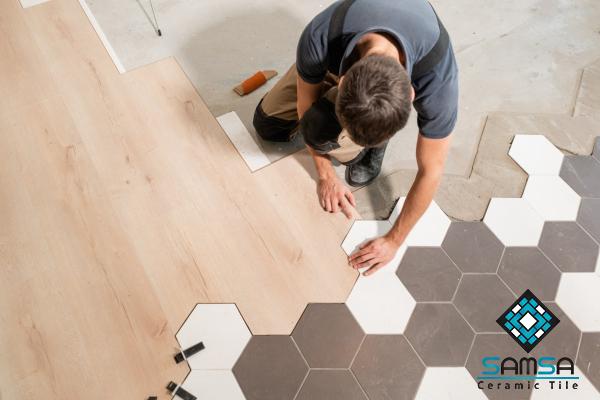

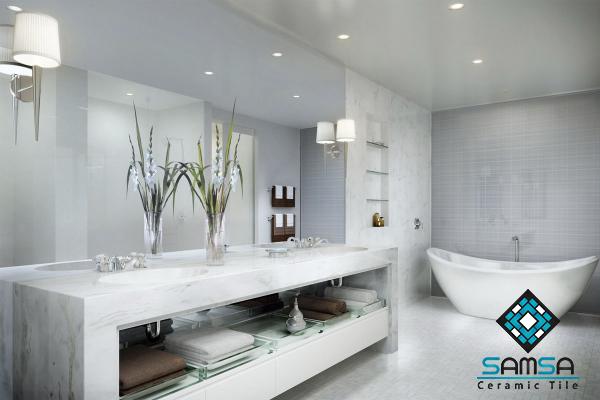
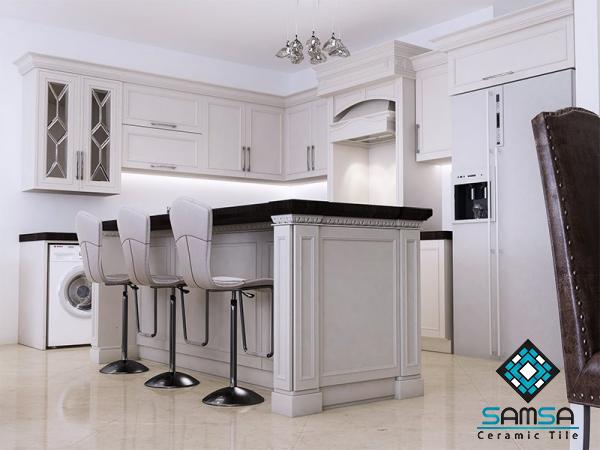

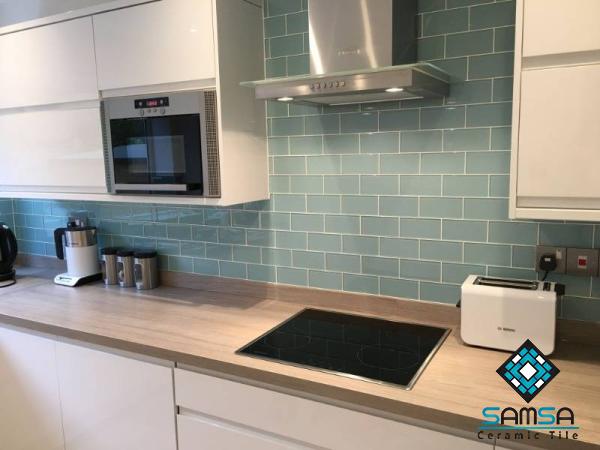

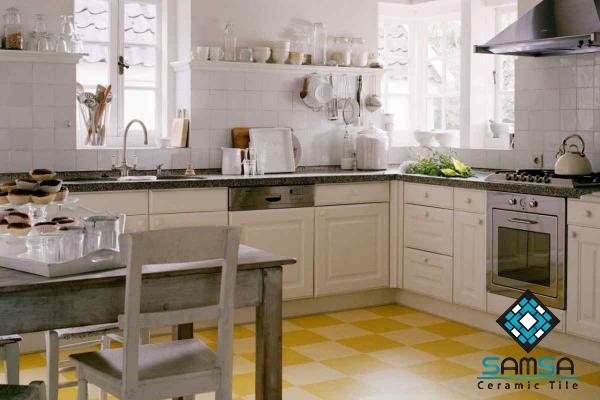
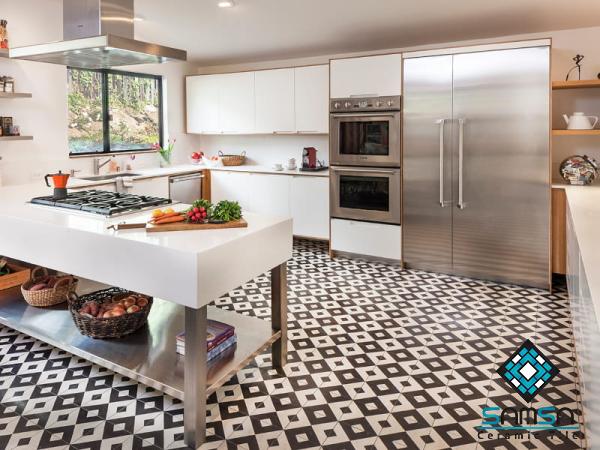
Your comment submitted.